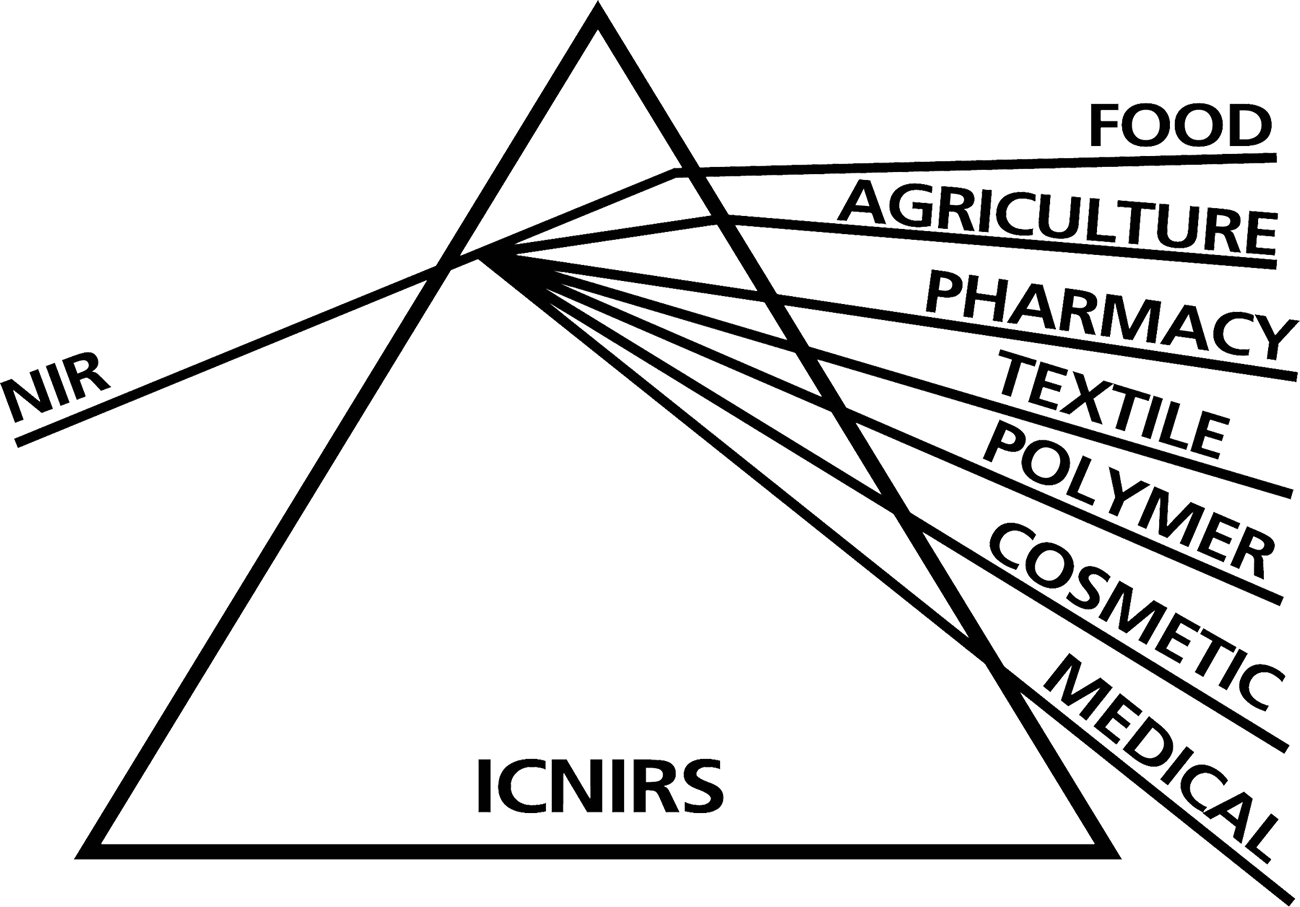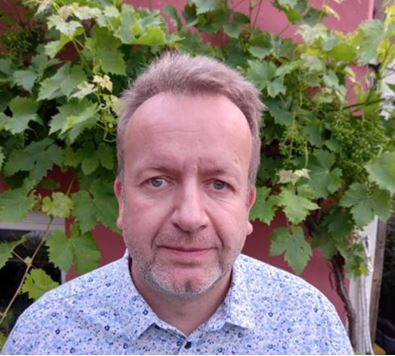A group of volunteers has agreed to act as web correspondents for this web site. The task the group has undertaken is to provide information on a regular basis on upcoming and recent events, people movements, equipment launches etc. which will be of interest to the global NIR community.
The web correspondents are as follows:
Asia correspondent
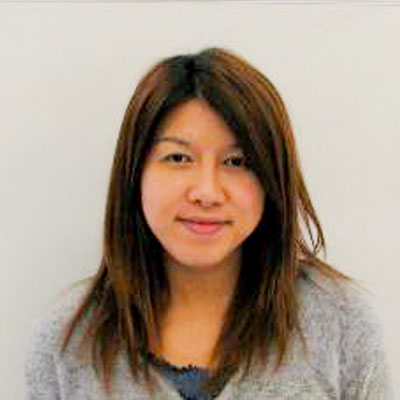
Sirinnapa Saranwong
Sirinnapa Saranwong, aka Mui, is an NIR/Process Application Scientist with Bruker Optics, Tokyo, Japan. Mui obtained her Ph.D. in Biology from Chiang Mai University at the age of 25 in 2003. Her thesis project involved measuring the maturity of on-tree mango fruit with a hand-held NIR instrument. During her doctoral studies she was admitted to the prestigious Royal Golden Jubilee Ph.D. program and invited to work in Sumio Kawano’s lab at the National Food Research Institute (NFRI) in Tsukuba, Japan, where she studied NIR basics and applications to perishable products. After graduation, Mui continued working as a researcher with Dr Kawano for eight years. During that time, she conducted NIR research not only on fruit, but also milk, blood, meat and other commodities At NFRI, Mui had the opportunity to welcome prominent researchers from around the world, giving her access to the NIR network worldwide. She has been deeply involved in the Japan Council for Near Infrared (JCNIRS) as well as the Asian NIR Consortium, helping to organize the annual Japanese NIR Forum since 2003, the Japan-Thailand Joint Symposium on Nondestructive Technology in 2004, the Japan-Korea Joint Symposium on Near Infrared Spectroscopy in 2006 and the biannual Asian NIR Symposium since 2008. Mui is most recognized as the Secretary for the 14th International Conference for Near Infrared Spectroscopy, held in Bangkok in November 2009. For the international society, Mui attended her first ICNIRS meeting in 2001 (Korea) and has attended every subsequent meeting. She became Asian Editor for NIRNews in 2006 and has been a member of ICNIRS Management Committee from 2007 to 2013.
Mui has authored a number of peer reviewed publications, as well as a Book chapter on NIR spectroscopy. She has been invited to present her work in many countries, including Thailand, USA, Australia, Germany, and the Philippines. Since 2011, Mui has worked to support the sales team at Bruker Optics, not only for R&D or QC applications but extending her expertise to online/inline applications.
Email : mui.saranwong@bruker.com
South – America correspondent
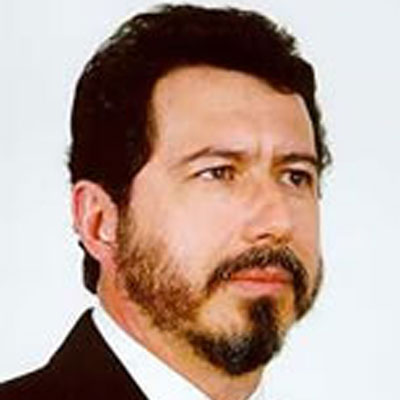
Celio Pasquini
Dr. Célio Pasquini is a full professor of the Department of Analytical Chemistry of the Chemistry Institute of the State University of Campinas (UNICAMP), Campinas – SP – Brazil (http://www.iqm.unicamp.br/profs/pasquini.html) and has been a member of the staff for 23 years. He started working in the field of near infrared spectroscopy about 10 years ago. His interests in the field are in the development of new and portable instruments and in the development of analytical methods for agriculture (forestry industry), petroleum and fuel derived from petroleum. Recently his efforts have also been directed towards the development and application of a NIR emission spectrometer based on an acousto-optic tunable filter.
The opportunity to become a correspondent for the ICNIRS website in South America is welcomed in view of the work yet to be done in this region of the globe. The first step is to ensure that people interested in NIR spectroscopy from academia and industry work together to disseminate information about NIR technology, starting from undergraduate courses in Chemistry.
Academia in the region has only made a modest contribution to this important field of research while most of the information on NIR spectroscopy is passed to people in the industries by instrument vendors. Sometimes, the prevalence of a commercial point of view has inhibited the spread of NIR use in industry and agriculture in Brazil. On the other hand, the lack of information in the subject of NIR technology for our undergraduate students (future employees) closes a dangerous circle, which, in my point of view, inhibits the development of NIR spectroscopy in our country.
I hope the work as an ICNIRS correspondent in South America can help us to enhance our contribution to the global community dedicated to NIR spectroscopy, increasing the number of contacts with foreign researchers and sharing NIR developments that have been occuring in America below the Equator.
Email: pasquini@iqm.unicamp.br
North – European correspondent
Vincent Baeten
Dr Ir Vincent Baeten obtained his Engineering degree in Agronomy (1993) and PhD (1998) in Agricultural Sciences at the Catholic University of Louvain (UCLouvain, Louvain-la-Neuve, Belgium) and started his NIR career as ERASMUS student at the University of Cordoba. He has been awarded a Marie-Curie Fellowship (1996-1998) at the Instituto de la Grasa of the CSIC (Spain) (under the supervision of Dr Ramón Aparicio and Dr Marc Meurens). During more than 20 years he has worked at the Walloon Agricultural Research Centre (CRA-W, Belgium) in the team of Dr Pierre Dardenne.
Today, Vincent Baeten is Scientific Director of the Quality and Authentication of Products Unit at CRA-W (QAP Unit). Since 2013, he is also invited professor at UCLouvain and teaches application of spectroscopy and sampling to food analysis. Vincent Baeten was awarded the 2011-Q-Interline Sampling Award for the contribution in sampling applied to spectroscopy methods. In 2012-2013, he was awarded by the Brazilian Program Ciência sem fronteiras as Pezquisador visitante especial at University Federal of Para (UFPA, Belem, Brazil). During this stage, he contributes to the creation of the NIR laboratory in the CVACBA laboratory from UFPA. Vincent Baeten has about 25 years of experience in European projects dealing with the development of spectroscopic methods. He has participated or participates in several European and International projects dealing with quality, safety, traceability and authentication of food and feed products (STRATFEED, TYPIC, MEDEO, CO-EXTRA, TRACE, EURL-AP, SAFEED-PAP, FEEDforHEALTH, CONFFIDENCE, QSAFFE, FOODINTEGRITY, AUTHENT-NET, IAIEA/FAO-HandheldFraud, SENSORFINT). He has published more than 150 peer-reviewed scientific papers and book chapters.
At first, Vincent Baeten focused his studies on the authentication of juice, coffee, cocoa, edible fats and oils by NIR, MIR and Raman spectroscopy. Then, since his first position at CRA-W, he has contributed to the demonstration and the validation of near infrared microscopy for the detection of processed animal proteins (PAP) in compound feeds. This pioneer work on NIR microscopy has largely contributed to the nomination of CRA-W as European Union Reference Laboratory for Animal Proteins (EURL-AP) since 2006. In 2001, Vincent Baeten contributed to the installation at CRA-W of one of the first NIR hyperspectral imaging systems dedicated to food and feed laboratory analysis. He has contributed with his colleagues to the demonstration that NIR hyperspectral imaging was an elegant solution to tackle challenges in food and feed analysis. Demonstration of the detection of animal particles from different species as well as the full screening of ingredients of compound feed have been positively concluded. Later, different studies contribute to demonstrate the potential of NIRS and NIR HSI for the detection of chemical (e.g. non-protein nitrogen as melamine) and botanical contaminants (e.g. ergot bodies in cereals), botanical impurities (e.g. olive leaves in spices), animal contaminants (e.g. insects or cysts); or industrial contaminants (e.g. plastic particles).
Email : v.baeten@cra.wallonie.be
Brazilean correspondent
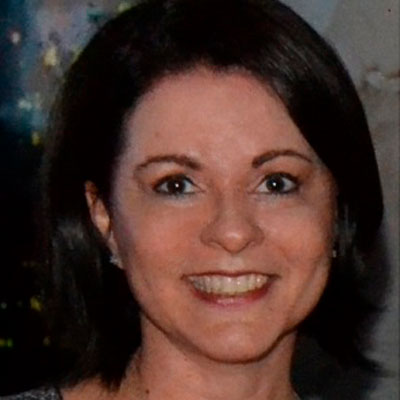
Fernanda Pimentel
Maria Fernanda Pimentel is an Associate Professor in the Chemical Engineering Department at the Universidade Federal de Pernambuco (UFPE), research of the Fuel Laboratory (LAC) at the university (http://www.ufpe.br/lac), where about 80 people work including professors, researchers, technicians and students. Besides this, she has coordinated and is a team member of several national and international research projects. She received a BS in Chemical Engineering (1986), a MS in Chemistry (1992) and a PhD in Chemistry (1996) from Universidade Federal de Pernambuco, Brazil. She started to work with near infrared spectroscopy in 2002. In this field, her research interests are mainly: chemometrics, PAT, and development of analytical methods for fuel, forensic and pharmaceutical applications.
E Recife, Brazil. She teaches undergraduate and graduate courses, for example: Chemometrics, Analytical Chemistry and Statistical Process Control. She is the Coordinator of development and research of the Fuel Laboratory (LAC) at the university (http://www.ufpe.br/lac), where about 80 people work including professors, researchers, technicians and students. Besides this, she has coordinated and is a team member of several national and international research projects. She received a BS in Chemical Engineering (1986), a MS in Chemistry (1992) and a PhD in Chemistry (1996) from Universidade Federal de Pernambuco, Brazil. She started to work with near infrared spectroscopy in 2002. In this field, her research interests are mainly: chemometrics, PAT, and development of analytical methods for fuel, forensic and pharmaceutical applications.
Email: mfernanda.pimentel@gmail.com
North American correspondent
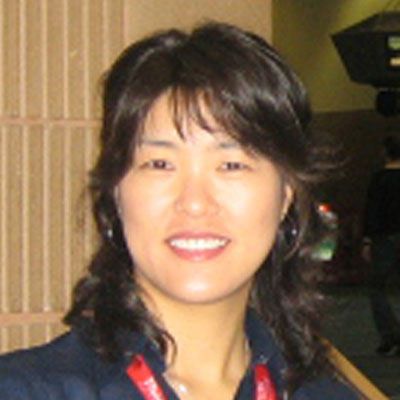
Dr. Miryeong Sohn
Dr. Miryeong Sohn is the North American Correspondent. She has been worked on the development and implementation of NIR calibrations for quality assessment of foods and agricultural commodities in United States Department of Agriculture-Agricultural Research Service in Athens, Georgia, US until 2010. Recently, she joined in Horiba Jobin Yvon in Edison, New Jersey and is working on the development of a rapid spectroscopic method for food safety testing.
Email: miryeong.sohn@horiba.com
Australia & New-Zealand correspondent
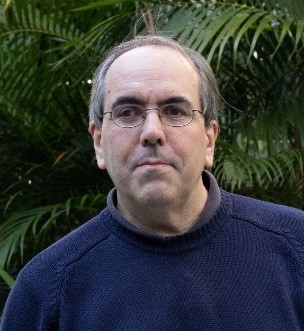
Daniel Cozzolino
Dr Daniel Cozzolino is currently a Research Fellow with the Barley Research Laboratory with The University of Adelaide, School of Agriculture, Food and Wine.
Daniel graduated from the Universidad de la Republica (Montevideo, Uruguay) as an Agricultural Engineer in 1989 and obtained his PhD from the University of Aberdeen (Aberdeen, Scotland) in 1998.
His research career has started in 1993 with the development of NIR applications for a wide range of agricultural products at the National Institute for Agricultural Research (INIA-Uruguay, “La Estanzuela” Experimental Research Station) before joined the Australian Wine Research Institute (AWRI) based in Adelaide (South Australia) in 2002. Between 2002 and 2011, he was the Senior Research Scientist and acting Team Leader of the Rapid Analytical Methods team at the AWRI. His principal role was investigating a wide range of applications using rapid analytical methods (Visible, NIR, MIR, UV, electronic noses) and chemometrics in the grape and wine industry, in collaboration with several academic and industry partners.
He has published more than 130 papers in refereed journals and 15 book chapters on the application of spectroscopy and chemometrics to a diverse range of agricultural products and commodities. He filed 1 patent on the non-destructive analysis of wine (in bottle analysis), currently commercialized by an Australian base company ( http://www.jeffress.com.au).
In 2009 he became an Associate Research Scientist within the National Academy of Innovation and Science – Uruguay ( www.anii.org.uy). He is also an Honorary Member of the Editorial Board of six International Journals (International Journal of Wine Research; CyTA – Journal of Food; Food Research International; The Open Spectroscopy Journal; The Journal of Omics; International Journal of Agricultural and Food Research). He has given several International and local presentations on the use of NIR and chemometrics to a wide audience (students, farmers, scientists). Daniel has supervised and co-supervised 3 Honors Thesis, 1 Master, 5 PhD Thesis and 3 Post Doc Thesis. He was member of the organizing committee of the Australian Near Infrared Group (ANISG) Conference held in Adelaide in April 2010.
Email : d.cozzolinogomez@cqu.edu.au
Updated : 9 July 2025
